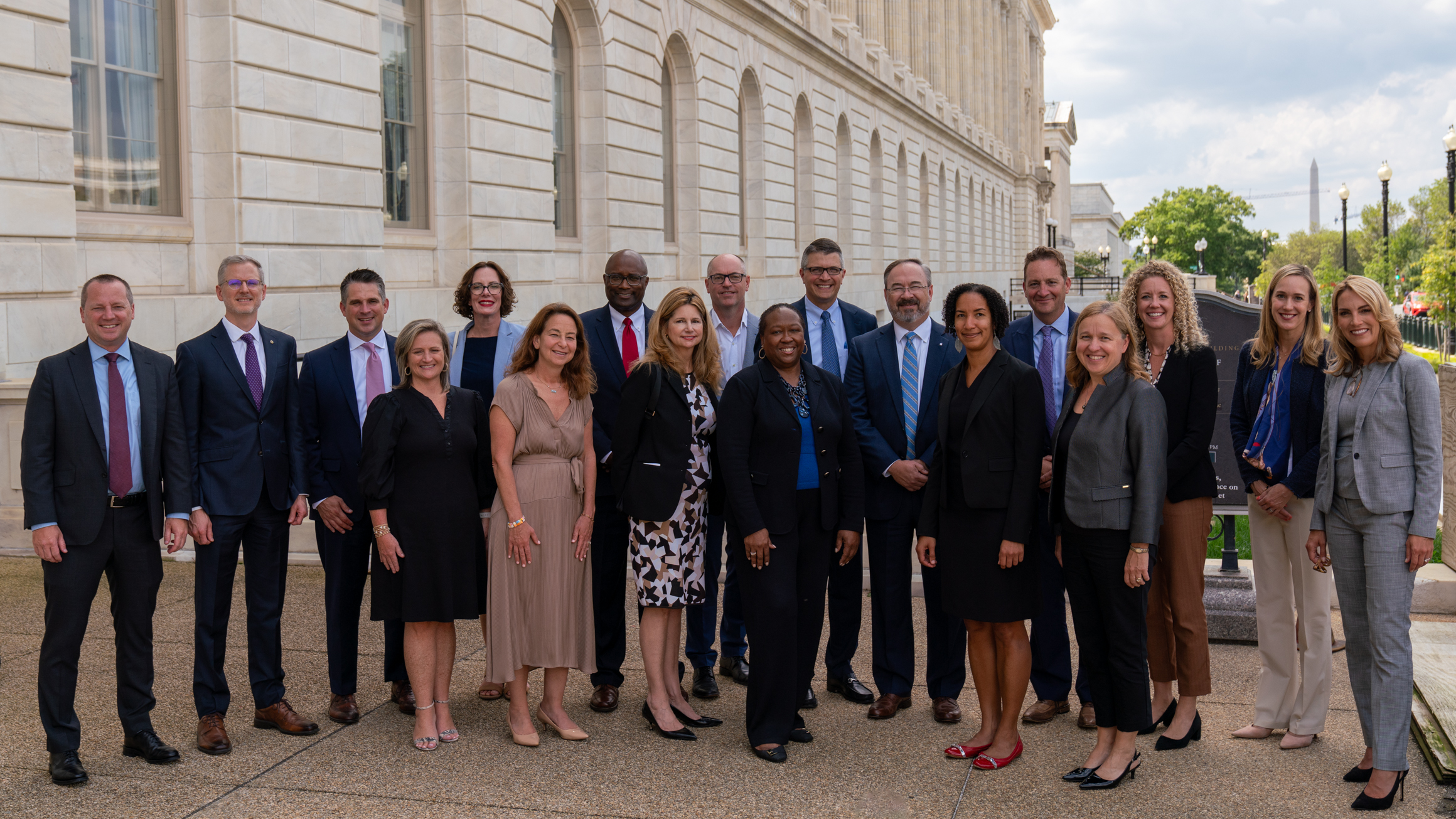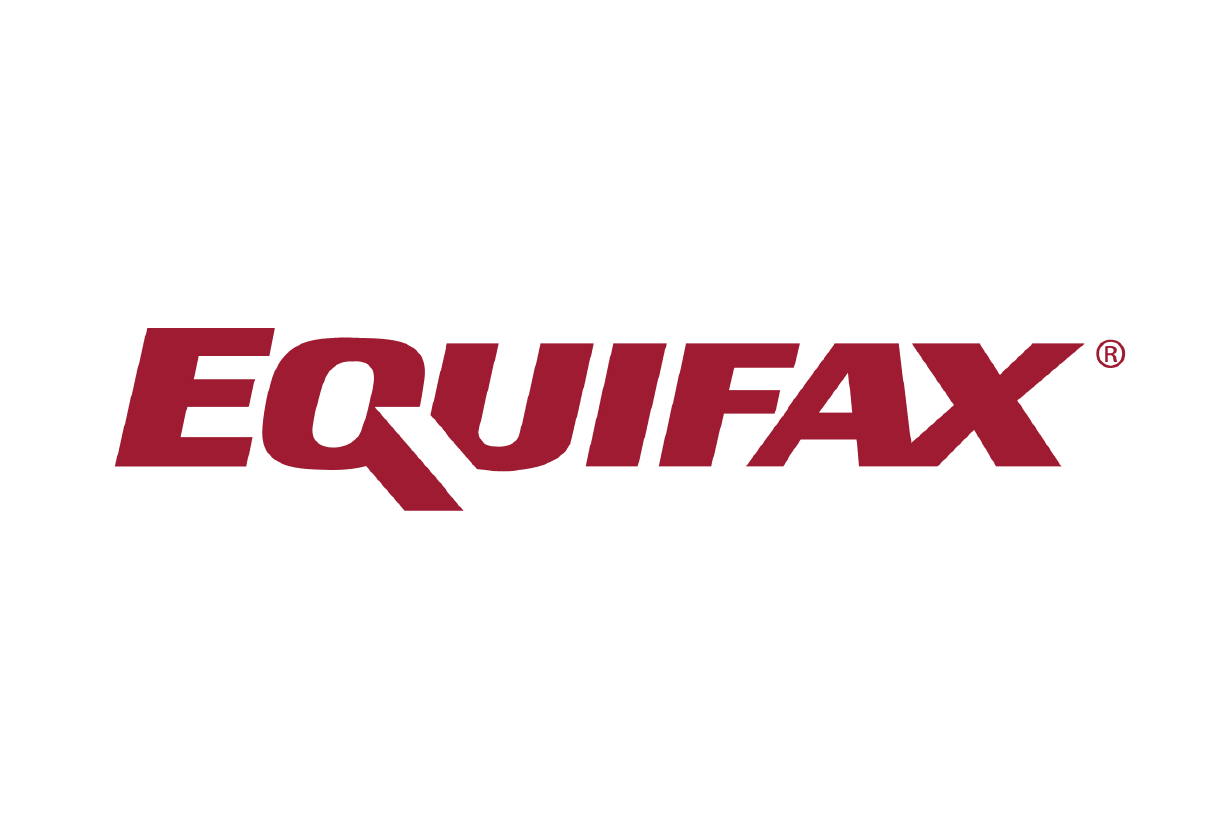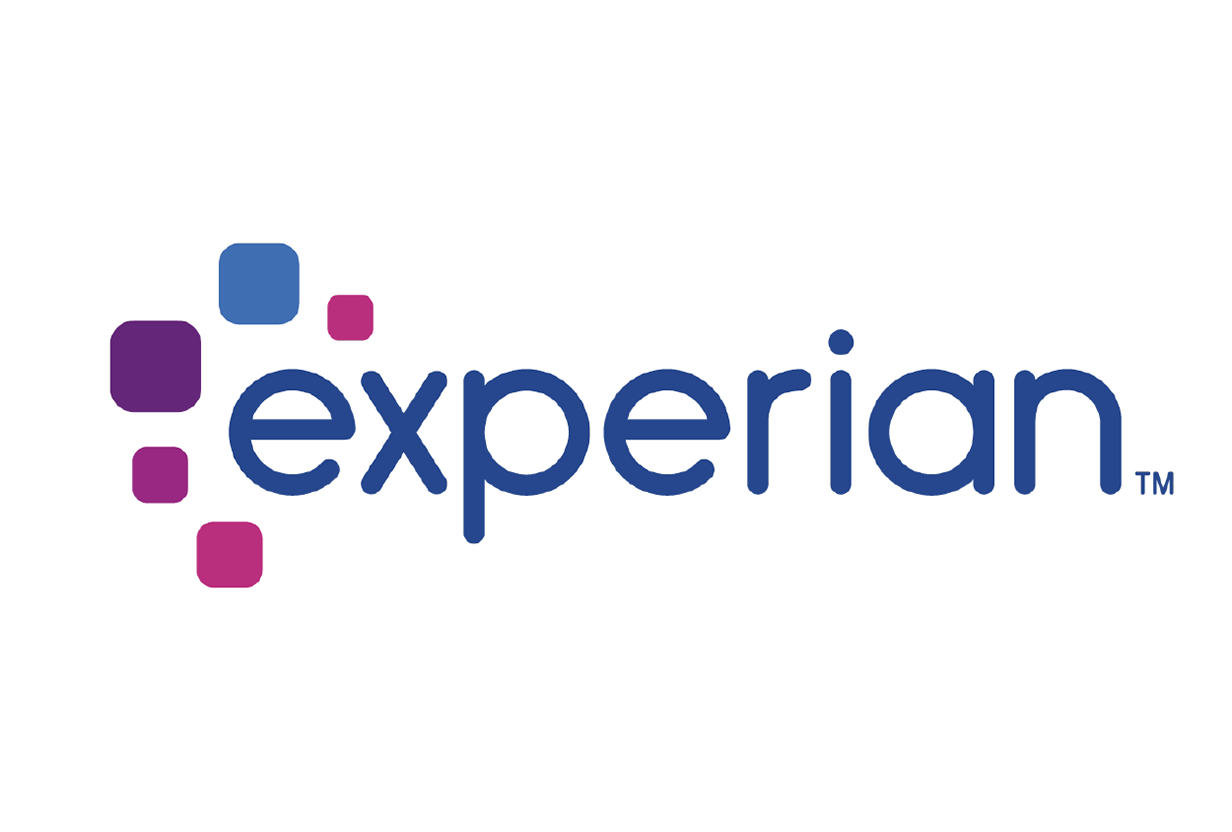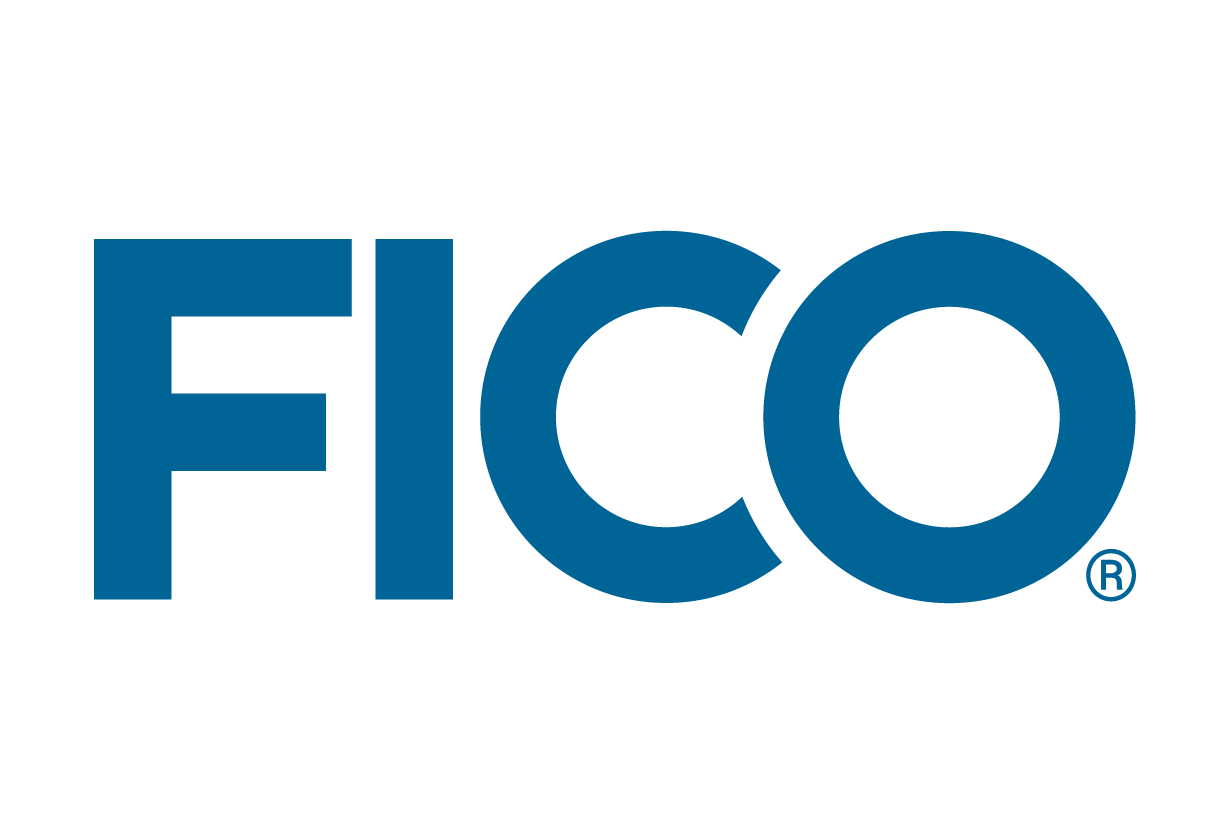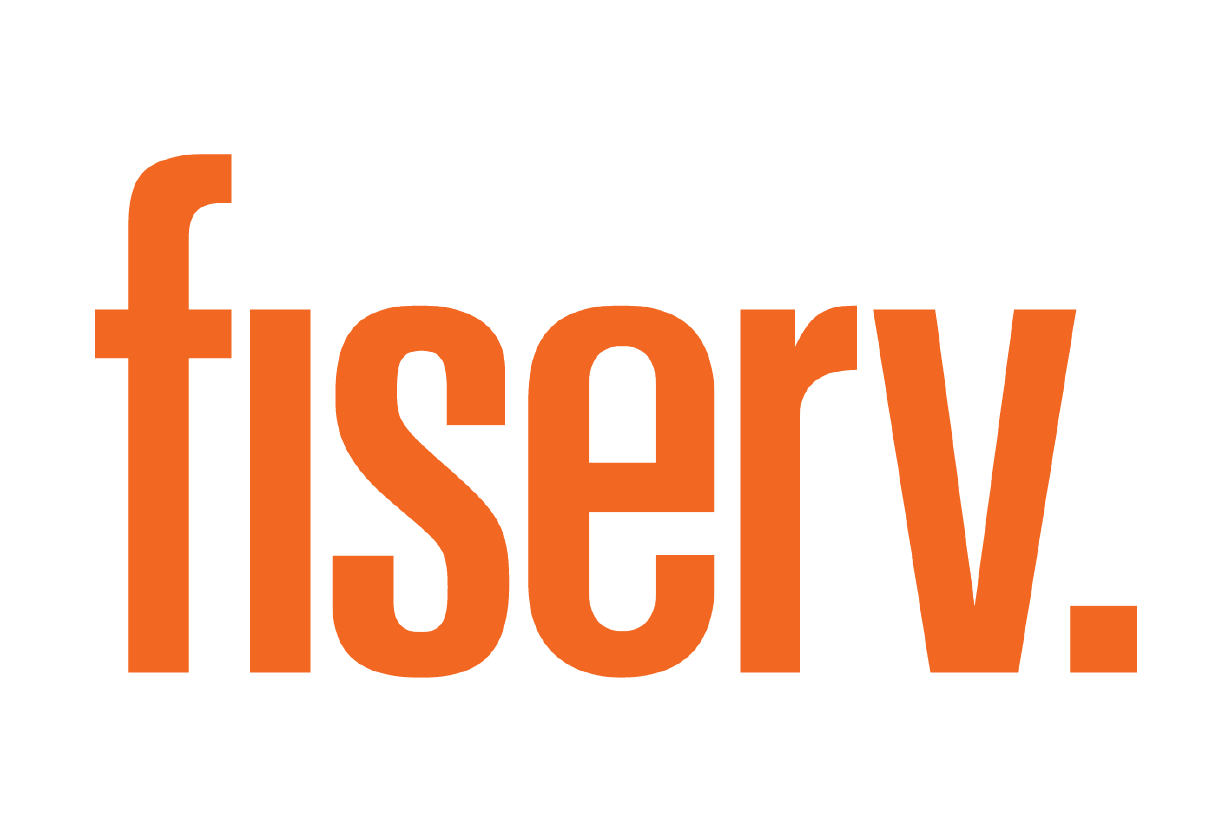
The Voice of the Retail Banking Industry
Whether buying a home, pursuing higher education, or launching a small business, America's leading retail banks help finance the dreams of consumers and small businesses.
Latest News
Stay
Connected
Who We Are
The Consumer Bankers Association is the only member-driven trade association focused exclusively on retail banking. CBA partners with the nation's leading retail banks to promote sound policy, prepare the next generation of diverse bankers to lead the industry, and finance the dreams of consumers and small businesses.
We represent our nation’s leading consumer retail financial institutions. CBA stands apart from other bank trade associations with our sole focus on retail banking.
The Impact of
America’s Leading
Banks
Whether buying a home, financing an education, or launching a small business, our members have helped consumers achieve their American dream since 1919.
95.5%
of U.S. households banked.
5,000
financial institutions in the banking industry.
144.3 million
consumers that CBA member banks serve nationwide.
What We Believe

CBA is advocating for sound banking policies to ensure America’s leading banks continue to serve a vibrant and strong consumer and small business banking sector.


